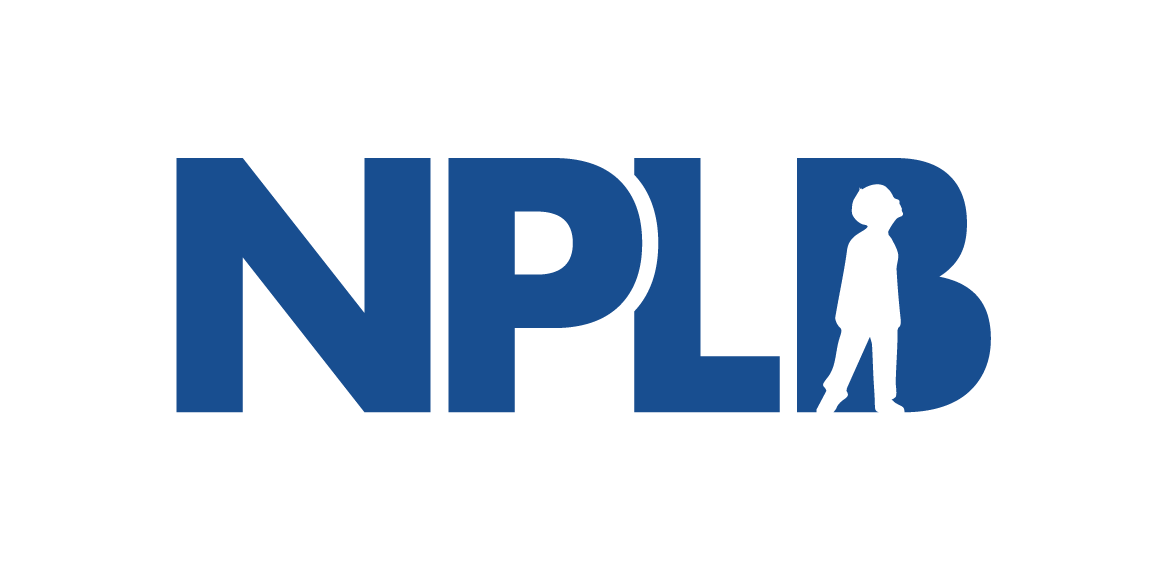The Quest to Cure Cancer
Over 2 million Americans are diagnosed with cancer each year.
Behind every statistic is a person fighting for more time, and behind them is a team of scientists, investors, and patient advocates working toward a cure.
The Quest to Defeat Blood Cancer
Over 1.5 million Americans are living with blood cancers—leukemia, lymphoma, myeloma. Behind every statistic is a person fighting for more time, and behind them is a team of scientists, investors, and patient advocates working toward a cure.
The Quest to Combat Lupus
More than 1.5 million Americans live with lupus. Meet some of the biotech innovators working to develop new medicines to better treat—and even cure—this disease.
The Quest to Conquer Arthritis
More than 1 million Americans live with rheumatoid arthritis, a painful autoimmune disease that can damage joints, skin, eyes, lungs, and more. Meet some of the biotech innovators working to develop new medicines to better treat—and even cure—this disease.
The Quest to Defeat Cystic Fibrosis
About 40,000 children and adults in the US and approximately a hundred thousand people worldwide live with cystic fibrosis or CF. Meet some of the biotech innovators working to develop new medicines to better treat—and even cure—this disease.
The Quest to Cure Ovarian Cancer
About 20,000 American women are diagnosed with ovarian cancer each year. Meet some of the biotech innovators working to develop new medicines to better treat—and even cure—this disease.
Importing European-Style Price Controls Will Gut US Biomedical Innovation
The US system of private, market-based pricing is the foundation of America’s global leadership in biomedical innovation. Proposals to import government price controls from wealthy foreign trade competitors ignore the extraordinary value that the US pricing system delivers to patients, employers, taxpayers, and health plans.
Valuing Healthcare Innovation
When measuring the value of new medicines, some countries rely on an outdated and incomplete methodology that understates the true value of innovative treatments. Setting prices in the U.S. based on these artificially low estimates of value would reduce investment in biomedical R&D and yield fewer novel medicines that address critical unmet needs of patients.
The Quest to End Skin Cancer
Over 3 million Americans are diagnosed with skin cancer each year. Meet some of the biotech innovators working to develop new medicines to better treat—and even cure—this disease.
The Quest to Treat Multiple Sclerosis
Nearly a million Americans are living with multiple sclerosis. Meet some of the biotech innovators working to develop new medicines to restore health and happiness to these patients and their families.
The Quest to Defeat Parkinson’s Disease
Nearly 1 million Americans and over 7 million people globally are living with Parkinson's disease. Meet some of the biotech innovators working to develop new medicines to restore health and happiness to these patients and their families.
Foreign countries rely on flawed and outdated HTA or ”value assessment” methods to justify low prices for medicines
The methods many countries use to evaluate new medicines significantly underestimate the true societal benefits of innovative treatments. When high-income countries use traditional methods as a bargaining tool to deny coverage and/or secure lower prices, they free ride on the R&D investments of others and reduce patient access to novel medicines in their own countries.
The Massachusetts Paradox
The Massachusetts biotech industry leads the world in innovation and drug development. But its companies don’t have the support of its own leaders. Why?
A Letter to Senate HELP Committee Chairman Bill Cassidy on Preserving and Modernizing the FDA
US biomedical innovators, the investors that support them, and the patients who depend on continued medical progress rely on the US Food and Drug Administration’s guidance and rigor to navigate policy and medical standards and to approve new medicines. The agency’s reorganization must preserve the institutional knowledge and core functionality that makes the FDA the world’s leading regulatory body.
Price Controls Hinder Treatment Access in Medicare Part D
Beneficiaries say Inflation Reduction Act will worsen access, affordability challenges.
Public Comment: End Unfair Trade Practices in Drug Pricing
When other countries pay less for drugs, they are free-riding on American innovation and our willingness to pay for new treatments. Forcing manufacturers to charge the same price that these other countries do would backfire. Instead, policymakers should use trade negotiations to pressure other wealthy countries to pay their fair share. No Patient Left Behind wrote to the Office of the United States Trade urging an end to unfair trade practices in drug pricing.

















